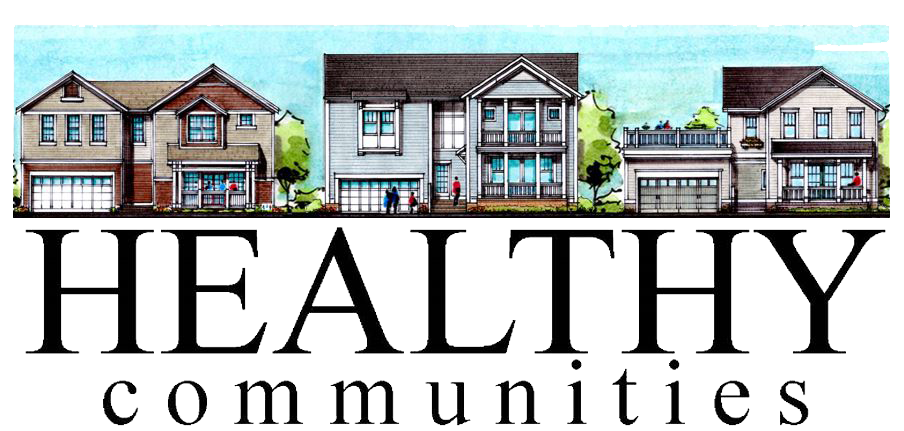 In our ever-growing quest for sustainability, zero energy homes have emerged as a promising solution. These innovative dwellings are designed to produce as much energy as they consume, making them true powerhouses of sustainability. In this blog post, we will delve into the concept of zero energy homes and explore how they are revolutionizing sustainable living.
In our ever-growing quest for sustainability, zero energy homes have emerged as a promising solution. These innovative dwellings are designed to produce as much energy as they consume, making them true powerhouses of sustainability. In this blog post, we will delve into the concept of zero energy homes and explore how they are revolutionizing sustainable living.
What is a Zero Energy Home?
Zero energy homes, also known as net-zero homes, refer to residential buildings that generate enough renewable energy to balance out their total energy consumption over the course of a year. By employing cutting-edge technologies such as solar panels, geothermal systems, and efficient insulation, these homes achieve a remarkable feat – a carbon-neutral existence.
Benefits of Zero Energy Homes:
1. Energy Independence:
Perhaps the most notable advantage of zero energy homes is their ability to free occupants from the uncertainties of rising energy costs. With renewable energy sources on-site, homeowners can significantly reduce or even eliminate their reliance on the grid, resulting in considerable energy savings.
2. Environmental Stewardship:
By producing as much energy as they consume, zero energy homes play a key role in mitigating climate change. By relying on clean energy sources, these sustainable dwellings minimize greenhouse gas emissions, helping to decrease our carbon footprint and preserve the environment for future generations.
3. Improved Indoor Comfort:
Zero energy homes are constructed with a strong focus on energy efficiency. Through superior insulation, advanced ventilation systems, and other technologies, such homes maintain a consistent and comfortable indoor environment. This not only enhances the quality of life for occupants but also reduces the need for heating or cooling, thus further optimizing energy consumption.
4. Long-Term Cost Savings:
Although the initial investment in a zero energy home may be higher than that of a conventional house, the long-term cost savings are significant. By generating their own energy, homeowners can drastically reduce or eliminate monthly electricity bills. Additionally, as renewable technologies become more affordable and accessible, the overall cost of building zero energy homes is expected to decrease, making them even more financially viable.
Challenges and Solutions:
While zero energy homes present a compelling sustainable housing solution, there are certain challenges that need to be addressed to accelerate their adoption:
1. Upfront Costs:
The higher upfront cost of constructing zero energy homes has been a deterrent for many homeowners. However, various federal and state incentives can offset these costs, making it more affordable for individuals or families to embrace this green living option. Furthermore, as the demand for renewables grows, the price of solar panels and other technologies continue to decrease, driving down the cost of building zero energy homes.
2. Grid Integration:
To effectively integrate zero energy homes into the grid, technical solutions need to be developed. As these homes become more prevalent, a balance must be struck between the energy they produce and the electricity they consume. Smart grid technologies and energy storage systems are key in optimizing this interaction, enabling homeowners to sell excess energy back to the grid during periods of surplus production.
3. Education and Awareness:
Despite the numerous benefits, many people are still unfamiliar with the concept of net-zero homes. Greater efforts are needed to raise awareness and educate the public about the advantages and feasibility of these sustainable dwellings. By highlighting success stories and providing accessible resources, individuals can be empowered to make informed decisions and consider zero energy homes as a viable, eco-friendly option.
Summary:
Zero energy homes represent a significant leap towards achieving sustainability in residential construction. With their ability to produce as much energy as they consume, they offer energy independence, environmental stewardship, improved indoor comfort, and long-term cost savings. Overcoming challenges such as upfront costs, grid integration, and awareness will be key to accelerating their widespread adoption. As we strive towards a greener and more sustainable future, zero energy homes undoubtedly play a crucial role, revolutionizing sustainable living for generations to come.
Need Home Builders in Williamsburg, VA?
Welcome to Healthy Communities in beautiful Williamsburg, Virginia! We are custom home builders with a focus on efficient and green building. We believe that good home design can support, enrich, and enhance your life, so we engage you as the buyer in the design process. Together, we can create a tailored design that provides an extraordinary living experience. Our homes are engineered to be energy efficient, utilizing green building products, value-engineered construction, enhanced indoor air quality, and solar power to help offset the electric utility cost for heating, cooling, water heating, lights, and appliances. Give us a call to get started today!
